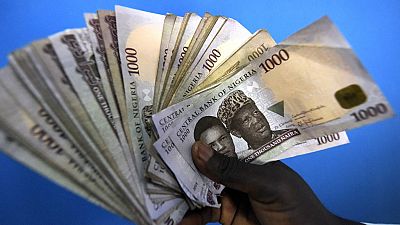Nigeria
Nigeria’s economy grew faster than forecast by the central bank and government last year after an expansion in the agriculture and trade industries in the fourth quarter offset a sharp drop in oil production.
Gross domestic product expanded 3.4% last year, after contracting 1.92% in 2020, Statistician-General Simon Harry told journalists in Abuja on Thursday.
The Finance Ministry had estimated 2.5% and the central bank’s projection for 3.1% growth.
The full-year number was lifted by better-than-expected growth of 3.98% in the three months through December from a year earlier, compared with 4% in the third quarter The median estimate of 12 economists in a Bloomberg survey was for a quarterly number of 1.4%.
“The fourth quarter growth indicates a steady economic recovery,” Harry said.
The non-oil economy expanded by 4.73% in the quarter from a year earlier, with agriculture growing 3.58% and services increasing 5%.
Thursday’s data points depict the growing importance of the non-crude sector and may convince rate-setters to increase the benchmark interest rate on March 22, after the full-year number exceeded the central bank’s forecast. Governor Godwin Emefiele has reiterated that the central bank will only make policy adjustments once the economy’s recovery is on a sustainable path.
Oil production fell to 1.50 million barrels a day in the fourth quarter from 1.57 million barrels a day in the previous three months.
While crude contributed about 5% to the country’s GDP, it accounts for nearly all foreign-exchange earnings and half of the government revenue in the continent’s biggest producer of the commodity.













01:10
Spain’s left-wing government stands out on migration policy in the EU
Go to video
Ghana overtakes Nigeria in U.S. visa overstay rates, new report reveals
01:11
Climate crisis takes centre stage at G20 summit in Brazil
01:00
Chidimma Adetshina crowned Miss Universe Africa and Oceania
01:26
Zimbabwe’s Climate-Smart Agriculture: Empowering Farmers through Resilience and Innovation
08:00
Exploring Algeria's maritime potential: How key ports like Annaba and Djen Djen drive growth